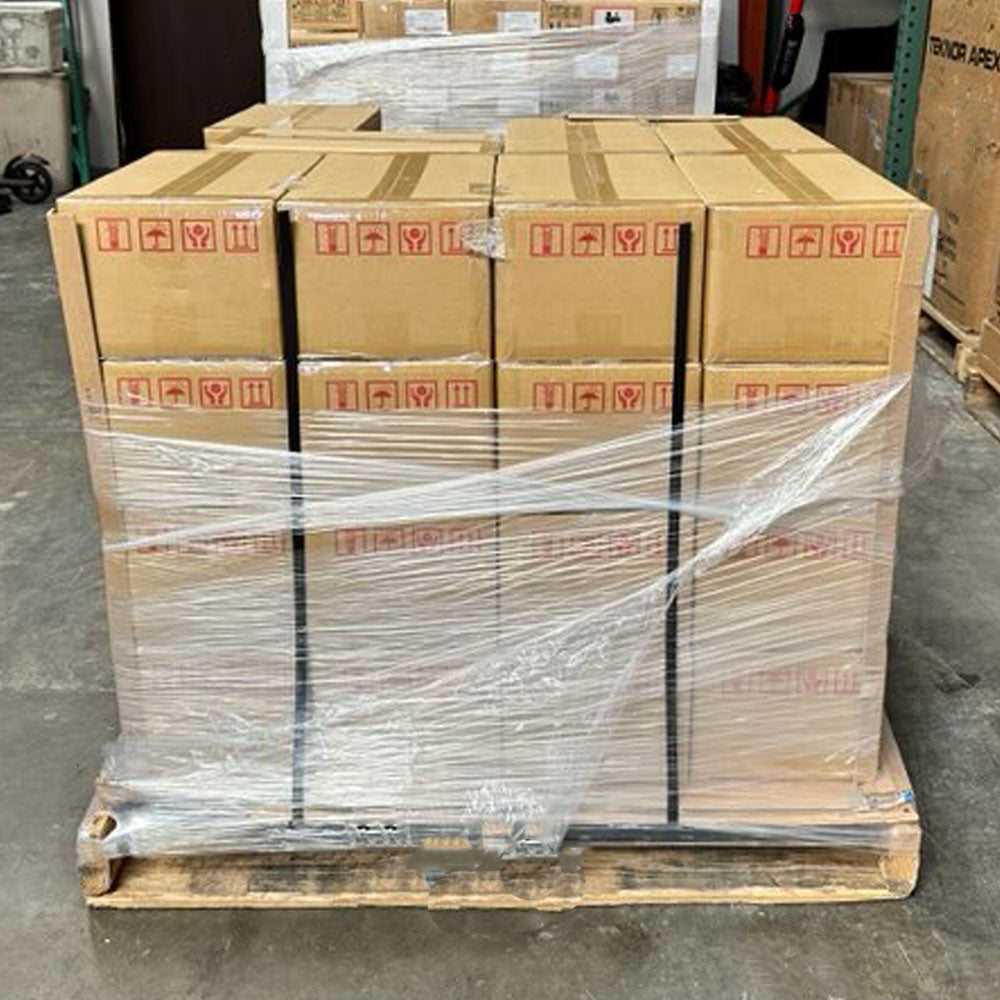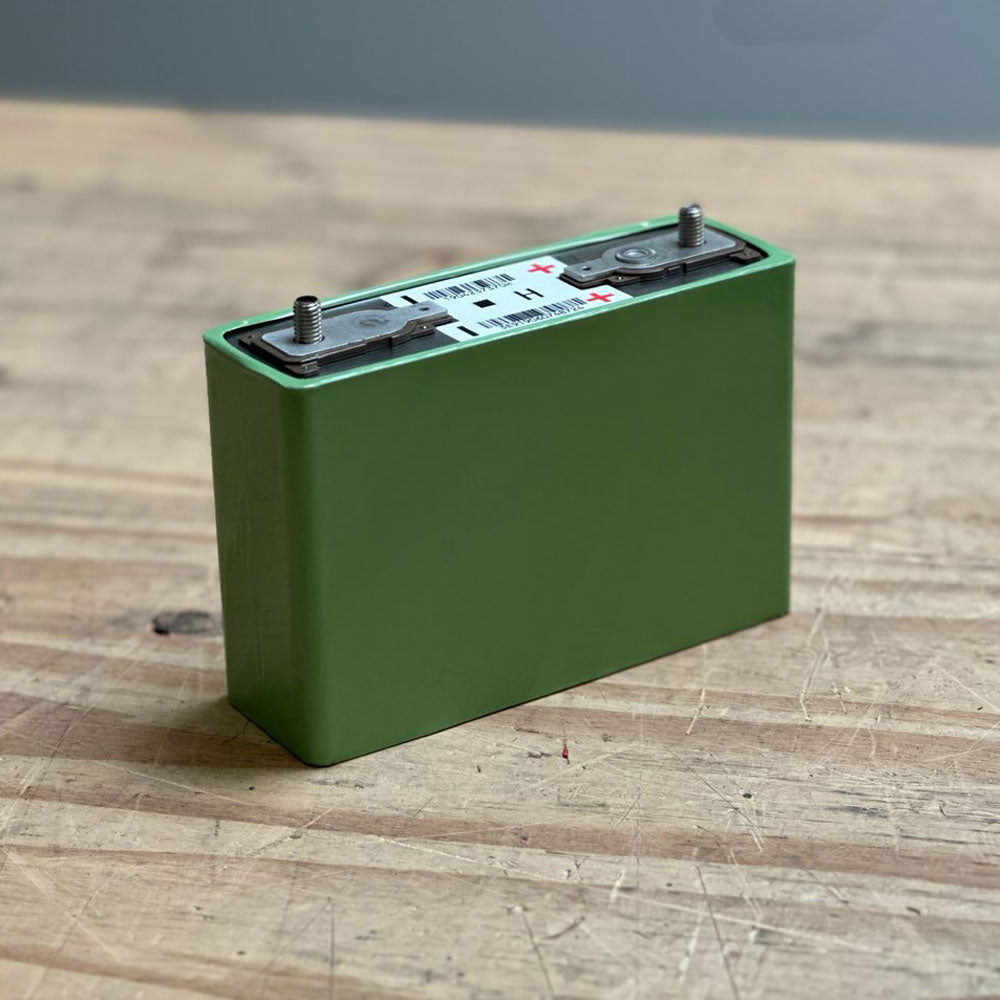- Joined
- Apr 14, 2006
- Messages
- 23,102
I think this is a systemic problem that needs to be addressed and so far is not to my knowledge. When a utility's lines start a fire everyone suffers and in the case of PG&E it led to bankruptcy.
Utilities, as monopoly are usually regulated and the ratepayers pay to return a certain profit to investors. But when the utility goes bankrupt the investors are wiped out and the ratepayers end up paying more for years to fund the utility's years of profit-driven decisions that benefited investors.
I think we need a dramatically new model where investors are actually on the hook for lawsuits. In other words if you buy stock in Timberline Electric (made that up) and they make decisions that start a forest fire destroying billions of dollars of houses, you are responsible for your share of the damages. In other words, take away the liability shield for utility investors.
It would be a dramatic change but the way things stand, ratepayers have no say in decisions that could destroy their houses and investors have no incentive to fund projects to mitigate risk. It's a really flawed model.
In Maui they are now going after the cable TV company (Spectrum) and telephone company (Hawaiian Telcom) because they hung their lines on the power company's poles in such a way that they contributed to their failure. I have no idea if this is true but there clearly is a lot of change ahead for utilities!
Then you would need to shift to government owned utilities, because no one will buy stock in a company where you risk being sued and losing your other assets just for being an equity holder.


